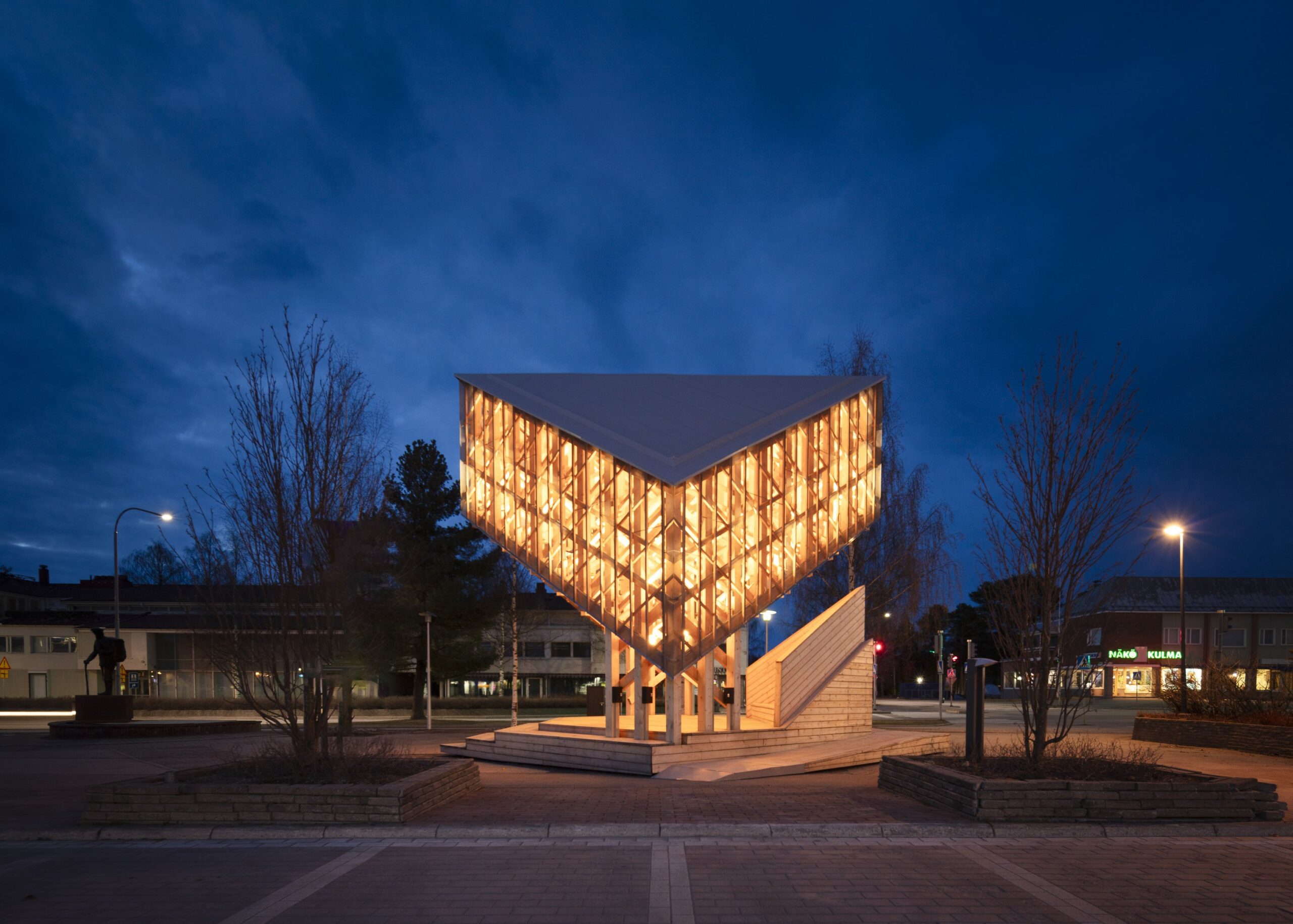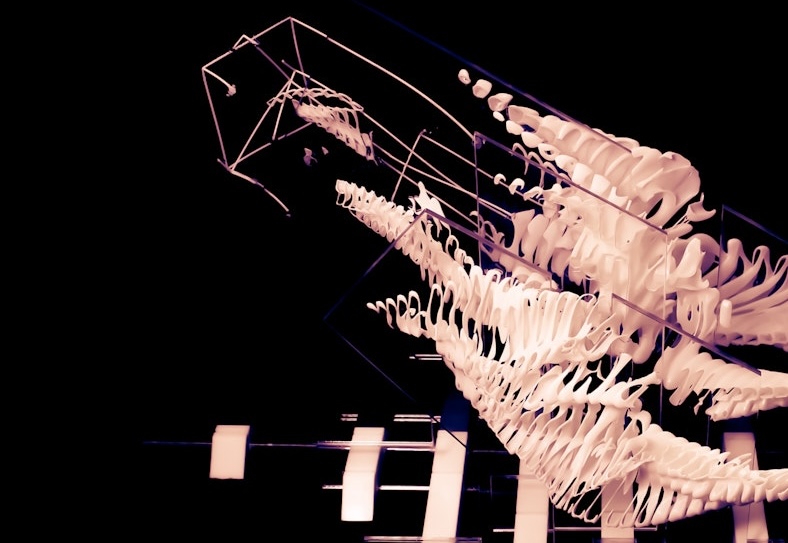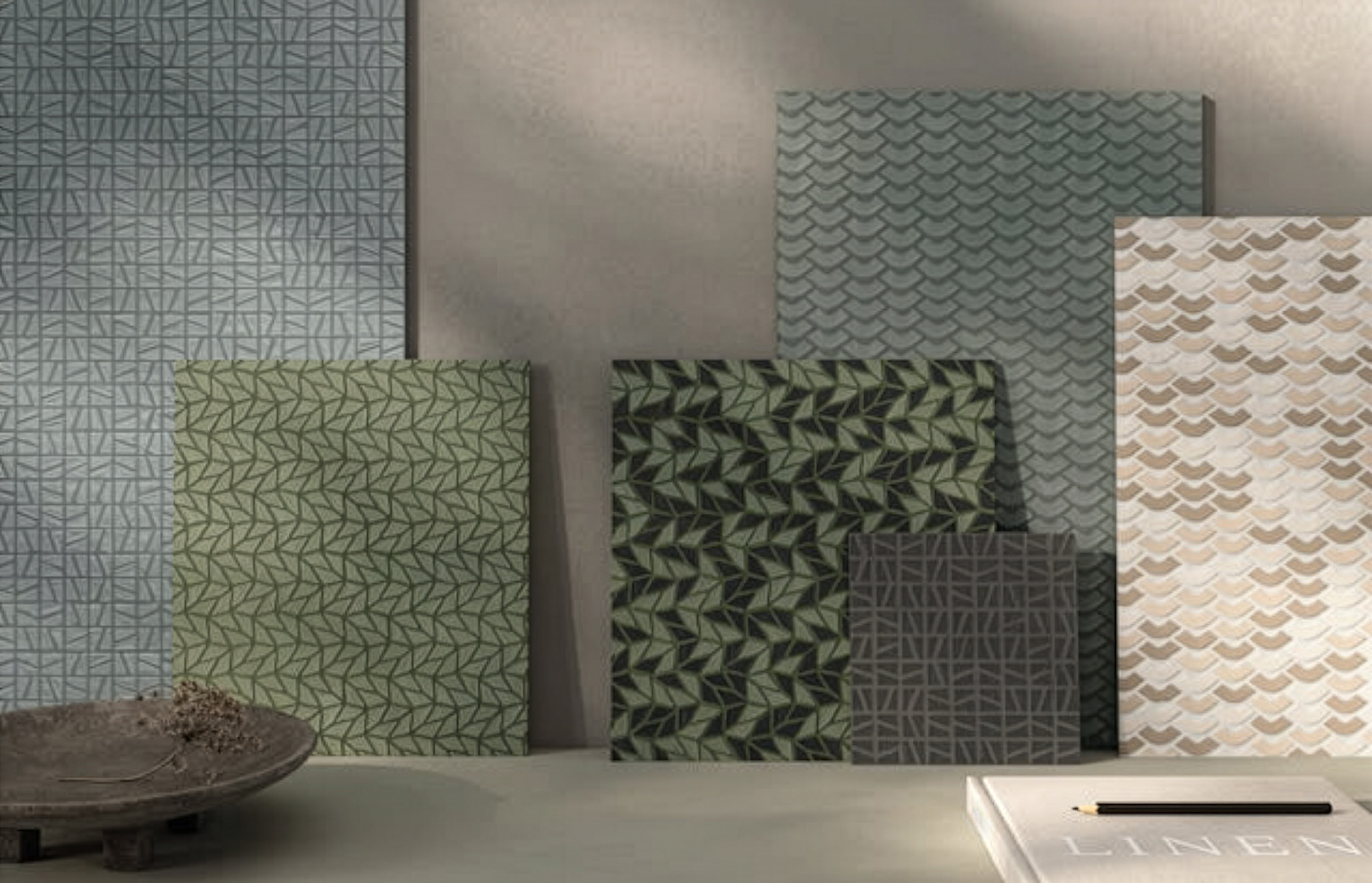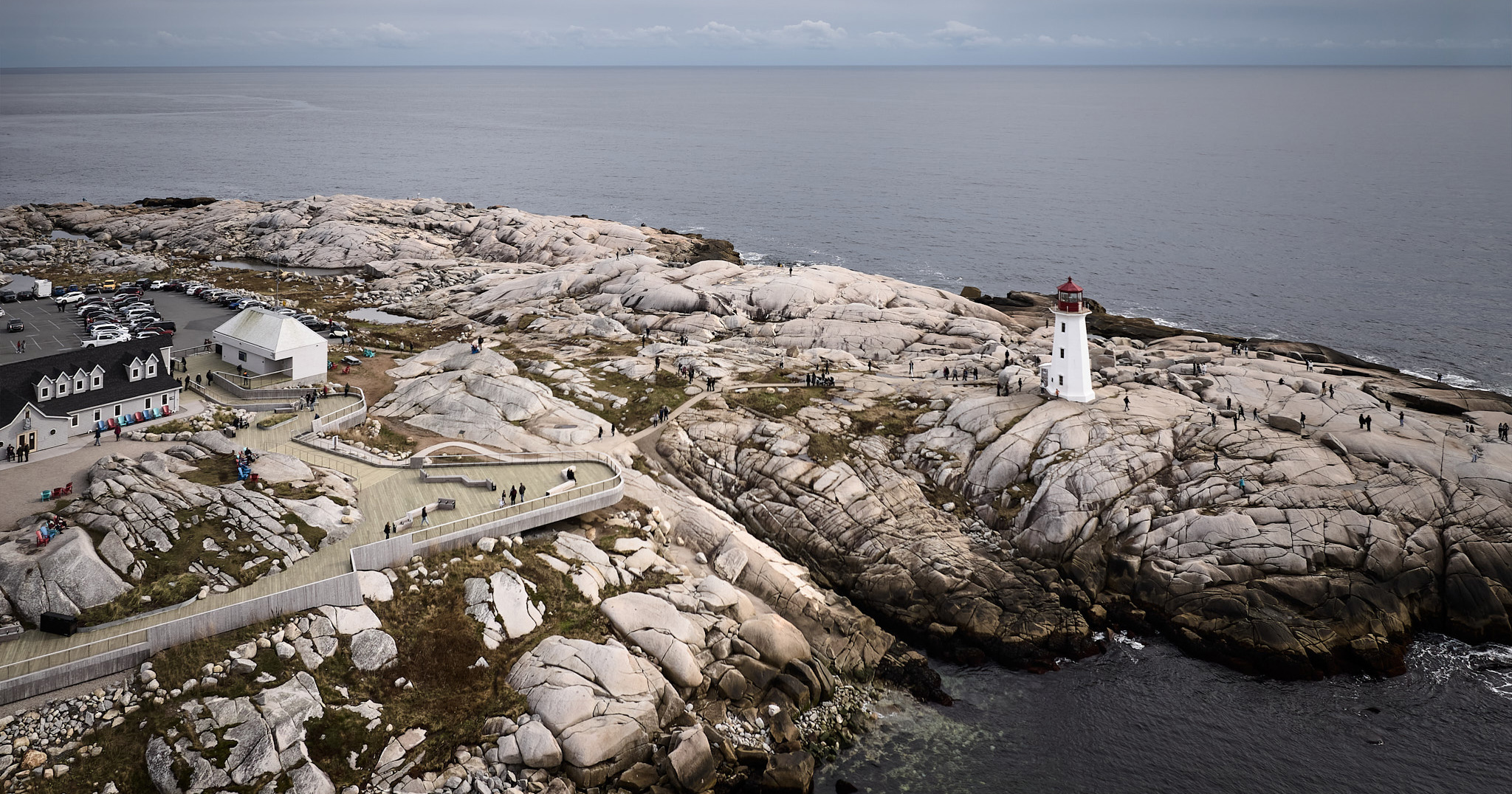Community-Centered Architecture: Redefining the Role of Architects in South America

 Community Productive Development Center “Las Tejedoras” / Natura Futura + Juan Carlos Bamba. Image © JAG Studio
Community Productive Development Center “Las Tejedoras” / Natura Futura + Juan Carlos Bamba. Image © JAG Studio
Across South America, architecture is increasingly being understood as a collective act. Rather than imposing external views, many studios and designers are building with and for communities, learning from their local practices, materials, and ways of inhabiting. These projects are repositioning the architect's role from an author to a facilitator, transforming design into a participatory process that centers collaboration, care, and mutual respect.
What unites these efforts is not style or scale, but a shared belief: architecture emerges from collective dialogue, not imposition. From rural Ecuador to the urban peripheries of Brazil, Colombia, and Paraguay, these projects reveal how social engagement and local making produce spaces that are sustainable not only environmentally but also socially. They respond to inequality not through top-down solutions, but through co-authorship, offering spaces that reflect the needs, knowledge, and agency of the people who use them.


















































